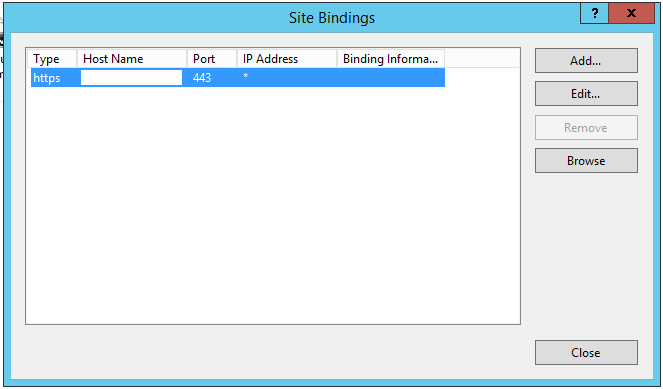It is not possible to "trick" the server, but there are a couple of caveats here.
First, it is still possible to set up another site in IIS with a binding that will accept HTTP requests, so you need to be aware of the configuration of any other sites hosted on this server.
Second, this configuration means that if people attempt to visit the site directly or otherwise over the HTTP protocol, they'll simply get an error. Depending on your use case, this may be fine, and it's certainly the least complex option. If you have people accessing the site via a browser however, it's probably not. If it isn't you can (as you already know) set up an HTTP binding and redirect. This has the added advantage of preventing other sites from binding HTTP to this IP/host name, reducing the likelihood that a second site will erroneously serve the site over HTTP.

